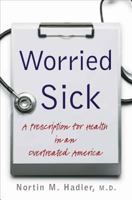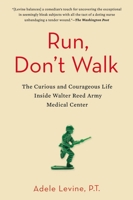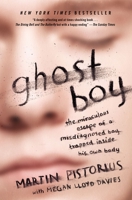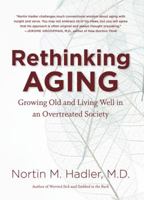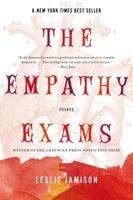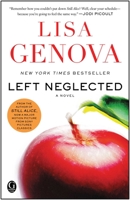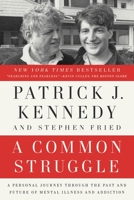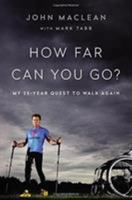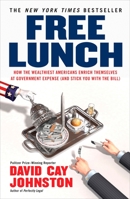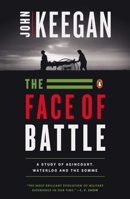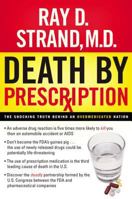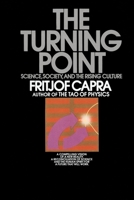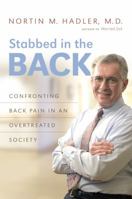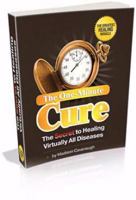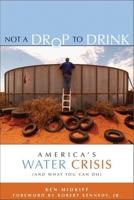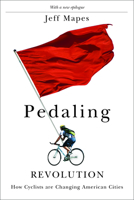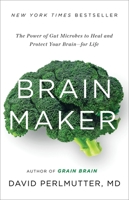Raw Edges
(Part of the Quilts of Love (#10) Series and Quilts of Love (#10) Series)
Select Format
Select Condition 
You Might Also Enjoy
Book Overview
Grayson McDonough has no use for teal ribbons, 5k runs, or ovarian cancer support groups now that his beautiful wife Jenna is gone. But their nine-year-old daughter Sadie seems to need the connection. When Annabelle Curtis, the beautiful cancer survi This description may be from another edition of this product.
Format:Paperback
Language:English
ISBN:142675275X
ISBN13:9781426752759
Release Date:September 2013
Publisher:Abingdon Press
Length:256 Pages
Weight:0.65 lbs.
Dimensions:0.8" x 5.4" x 8.4"
Customer Reviews
5 customer ratings | 5 reviews
There are currently no reviews. Be the first to review this work.













